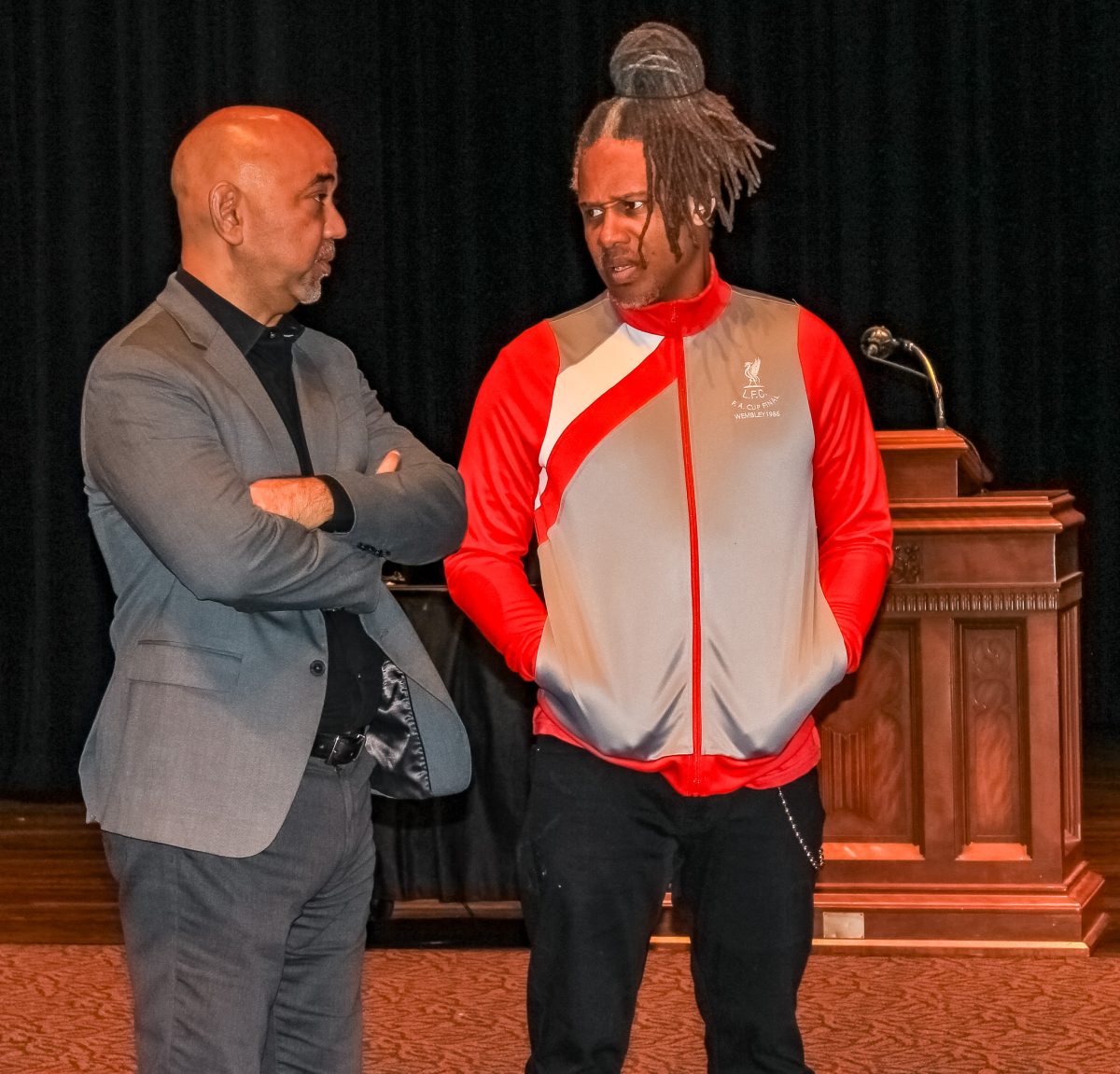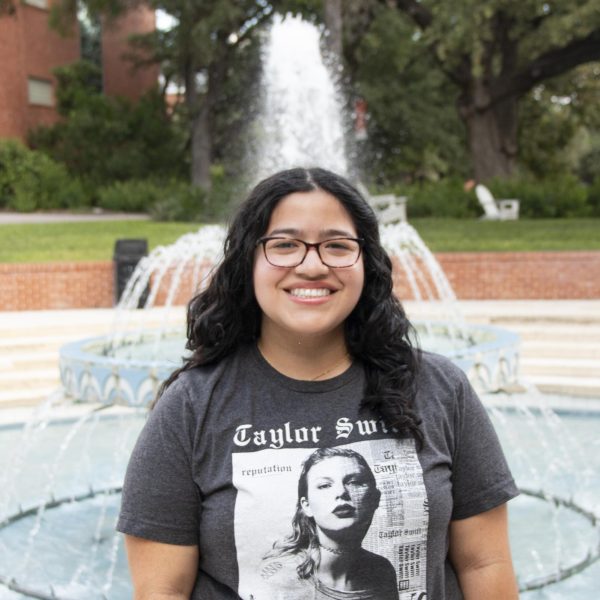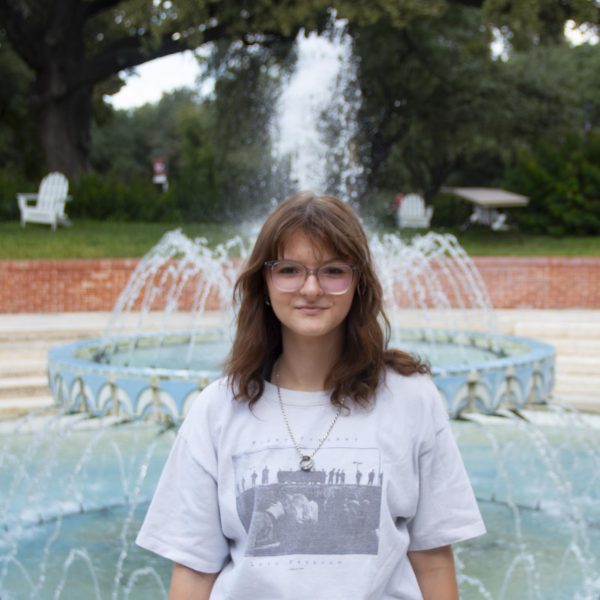Educators from the United States, Mexico and Canada gathered in Laurie Auditorium on Nov. 8 to end the first day of the Trinational Coalition in Defense of Public Education Conference. The opening speaker was David Stovall, a critical race theorist and professor at University of Illinois, Chicago.
The conference served as an opportunity for representatives from each country to share their experiences with public education. The recent presidential election influenced the themes, with some speakers discussing how a Trump presidency could affect the fate of public education in America.
Since the event was connected to a larger conference, it was planned by organizations in collaboration with Trinity University. Alejandra López, president of the San Antonio Teachers Alliance of teachers and support personnel — the union that represents staff in San Antonio ISD — noted the relevance this conference holds for public education.
“With the results of the recent presidential election, we do expect that attack on public education to ramp up,” López said. “A conference like this is incredibly important because it brings together so many different unions that are fighting very similar fights in their respective countries, to come together, … to discuss and learn from one another and to hopefully coordinate together a response to that continued attack on public education.”
Critical race theory is a topic that has been highly contested. In 2021, the Texas Legislature banned “controversial issues” including CRT from being taught in public schools. In addition to his work as a professor, Stovall is a Critical race theorist, and he noted people’s conflicting understandings of what CRT is.
“As a critical race theorist, all we’re saying is racism is real,” Stovall said. “And we haven’t contested it. And when we do contest it, our lives are on the line.”
Many attendees were teachers themselves who were looking to their peers for advice in public education. Stovall’s work in his community as a volunteer social studies teacher and in various educational movements shaped the content and the stories told during his speech. The end of the talk emphasized what educators can do looking forward.
“We’re gonna have to change our work, and I think it’s important not to run from that,” Stovall said. “I say this to you all not as some expert, I say this to you all as a struggling educator.”
While the lecture was mainly for teachers, students and community members were invited to attend. Kai Velasquez, senior sociology and urban studies double major, went to the talk to hear from educators about how recent events are changing the profession.
“I’m a little bit familiar with education, research and stuff like that,” Velasquez said. “I kind of looked up the lecture before, and it seemed really cool, and something that I think is very relevant given everything that’s going on.”
Stovall’s opening lecture served as a reference point for the other presentations during the night. Velasquez appreciated Stovall’s acknowledgment of the times people are living in.
“One of the things that he had said that kind of stuck with me is right now how we need to find a reference point to where we’re able to understand each other,” Velasquez said. “So it’s learning about the people around you. To be familiar with them, and trying to reach out to them, even if you’re standing next to them.”
This event was part of Trinity’s national speaker series, which invites different educational scholars to speak. The theme this year was educational empowerment and coalition building. Enrique Alemán, the director of the Center for Educational Leadership stated that he sees the series as an opportunity for the community.
“We as a center want to continue to kind of provide a space for the students to think about these issues critically,” Alemán said. “To look at our department as a place where you can really wrestle with these complex issues that are impacting multiple communities, not only here in San Antonio, but across the country and the world.”









